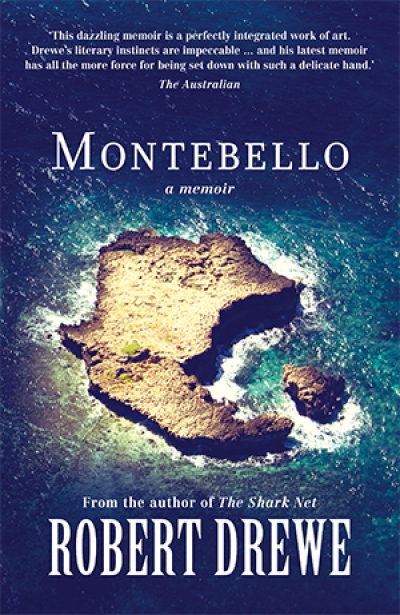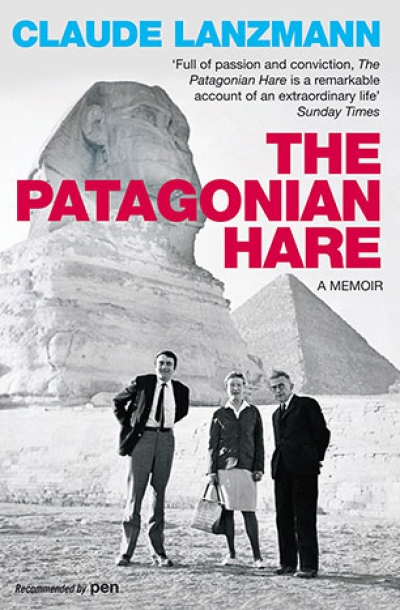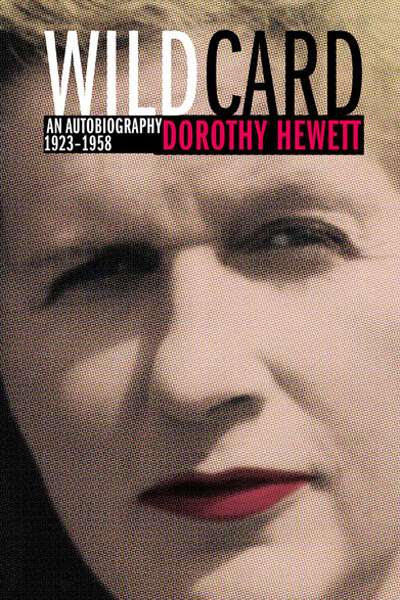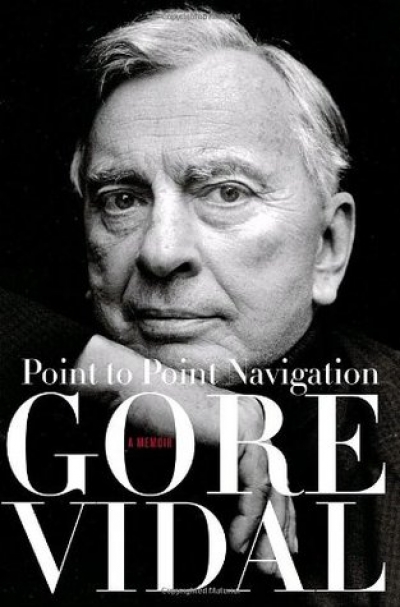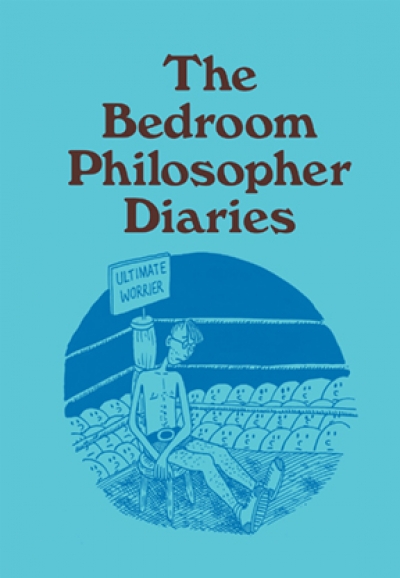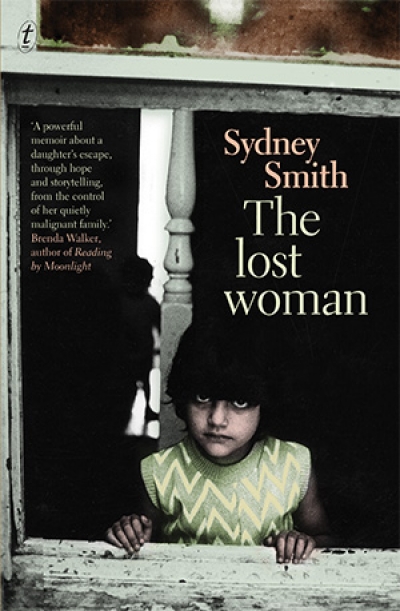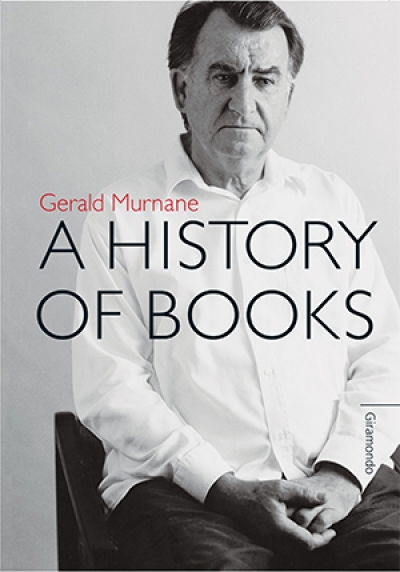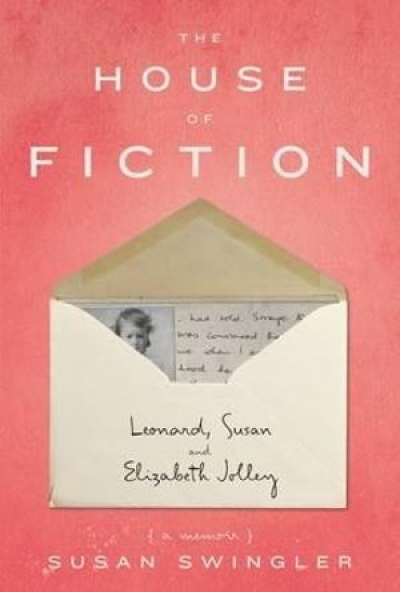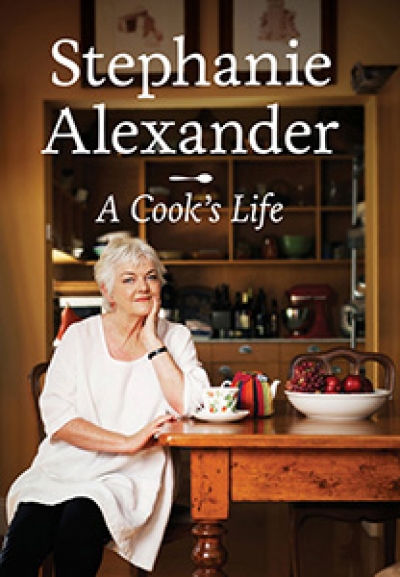Memoir
Robert Drewe’s first memoir, The Shark Net (2000) – an account of ‘memories and murder’ – opens in the transforming ‘different sunlight’ of a courtroom, a light that seems ‘harsher, dustier, more ancient looking’, making the figure in the dock somehow ‘uglier, smaller’, ‘like a criminal in a B-movie’, the very ‘stereotype of a crook’.
... (read more)As the maker of the nine-and-a-half hour film Shoah (1985), Claude Lanzmann created a work of major and enduring historical importance. Through its electrifyingly tense interviews with victims and perpetrators, it opens an indispensable, if harrowing, dimension to our understanding of Hitler’s Final Solution. A work that unrelentingly has as its subject death rather than survival, it will always confront and resist any temptation to forget the terrible specificity of the concerted extermination of millions of European Jews, or to repress the knowledge that this was the work of human beings. Towards the end of The Patagonian Hare, a hundred or so pages are devoted to the genesis and making of Shoah.
... (read more)Wild Card: An Autobiography 1923–1958 by Dorothy Hewett
Dorothy Hewett’s Wild Card: An Autobiography 1923–1958 was first published by McPhee Gribble in 1990. Now, a decade after Hewett’s death, UWA Publishing has reissued this extraordinary autobiography in a beautifully packaged, reader-friendly format. Reviewing Wild Card for ABR in October 1990, Chris Wallace-Crabbe drew attention to Hewett’s candour in relating explicitly her many sexual experiences. He noted that the sexual self – so often elided in autobiographies – is on full display in Wild Card, and made the crucial observation that for Hewett ‘sex is both somewhere beyond personality … and intrinsic to it’. As Wild Card makes clear, Hewett was an expressively sexual woman, but her sexual desires and experiences were inextricably part of her imaginative and political passions.
... (read more)It was David Marr who commented that the key character in Gore Vidal’s first memoir, Palimpsest (1995), was not Jimmie Trimble, the boy whom Vidal loved when they were at school and who died, aged eighteen, at the battle for Iwo Jima; nor Vidal’s blind and adored maternal grandfather, Senator Thomas Pryor Gore, whom young Gore would lead onto the floor of the Senate; nor his life partner of half a century, Howard Auster; not even the audacious and polymathic Gore himself. The star of the book was in fact Jacqueline Bouvier Kennedy Onassis, who was dying when Vidal began to write Palimpsest.
... (read more)This volume from musician, writer, and satirist Justin Heazlewood (‘The Bedroom Philosopher’) collects seven years of touring diaries from a performer well known for maintaining an ironic distance in singles such as ‘I’m So Post Modern’ and ‘Northcote (So Hungover)’. These diaries aren’t so derisive, and greater meaningfulness counterpoints his characteristic satire. When he isn’t floundering in overwrought literary passages, Heazlewood can be quite funny.
... (read more)In 1978 Christina Crawford published her memoir Mommie Dearest, an account of her life as the abused adoptive child of Joan Crawford. Shocking scenes in this book remain forever with readers. Sydney Smith’s account of life with her mother is, if anything, more horrific than Mommie Dearest. Traditional fairy tales often split the mother into the good mother and the bad mother, and the one in The Lost Woman is a baroque version of the bad. The memoir begins by invoking the story of Rapunzel and continues throughout the narrative to identify life’s key elements with the tropes of the folk tale. This is a story of imprisonment, escape, and transformation.
... (read more)The autobiography, that seemingly inevitable act of self-revelation, is frequently a work tricked out with very little art. For the novelist, unlike the anecdote-disposing musician or painter, the problem is doubled: they are making a home with the same tools. Rare is the autobiography that, like Nabokov’s Speak, Memory (1951) or Martin Amis’s Experience (2001), speaks in the voice of the working artist, similarly lush or distinctive – the same register, that same unmistakable snap and hum. Too often a plainer style is attempted: the unadorned truth, as it were, after so many convincing lies. But what happens when, at some crucial point in a writer’s oeuvre, the distinction between fact and fiction – or, to use the market’s terms, fiction and non-fiction – becomes a useless one? Gerald Murnane has always been a deeply autobiographical writer – he once famously claimed to possess no imagination, which would seem to make memoir of any kind a default position – and his latest work of fiction, A History of Books, renders the distinction more useless than ever.
... (read more)The House of Fiction: Leonard, Susan and Elizabeth Jolley by Susan Swingler
‘Everything should not be told, it is better to keep some things to yourself.’ So begins Susan Swingler’s The House of Fiction with this quote from much-loved Australian novelist Elizabeth Jolley as an epigraph. And what a loaded beginning it is, too, given the subject matter of this memoir: the discovery by Swingler of the fraudulent and secret double life her father Leonard Jolley led with Elizabeth (or Monica Knight, as she was called), his second wife. In this family drama, which began in England, there are two women who were once friends and who look uncannily alike, two daughters whose names begin with S who were born to these women at almost exactly the same time, and, centre-stage, one taciturn father, Leonard Jolley.
... (read more)If you’re a theatregoer, then somewhere along the line you’re bound to have seen The Government Inspector, Nikolai Gogol’s comedy about a rapacious nobody being mistaken for a government official by the citizens of a nameless provincial backwater. (They too are nobodies, greedy to be somebodies.) You might remember (since it’s a line that will have evoked both your contempt and your compassion) that the fussy fool Pyotr Ivanovych Bobchinsky, a local landowner, who fails to exist to the point of being almost indistinguishable from his companion Pyotr Ivanovych Dobchinsky, says to the government inspector (who isn’t one):
I beg you most humbly, sir, when you’re in St Petersburg, say to all the different bigwigs there – the senators and admirals: You know, in such-and-such a town, your Excellency, or your Eminence, lives Pyotr Ivanovych Bobchinsky. Just say that: lives Pyotr Ivanovych Bobchinsky … And if you’re speaking to the sovereign, then say to the sovereign as well: in such-and-such a town, your Imperial Highness, lives Pyotr Ivanovych Bobchinsky.
... (read more)Most present-day Australian chefs (that is to say, cooks who earn a living through their training, practice, and culinary skills) who have written cookbooks are at the same time telling us about themselves. Is it not curious that, in general, cooks repeatedly praise the table for its central role in hospitality, conviviality, generosity, and equality, yet seem so needful of, so greedy for, praise?
... (read more)

